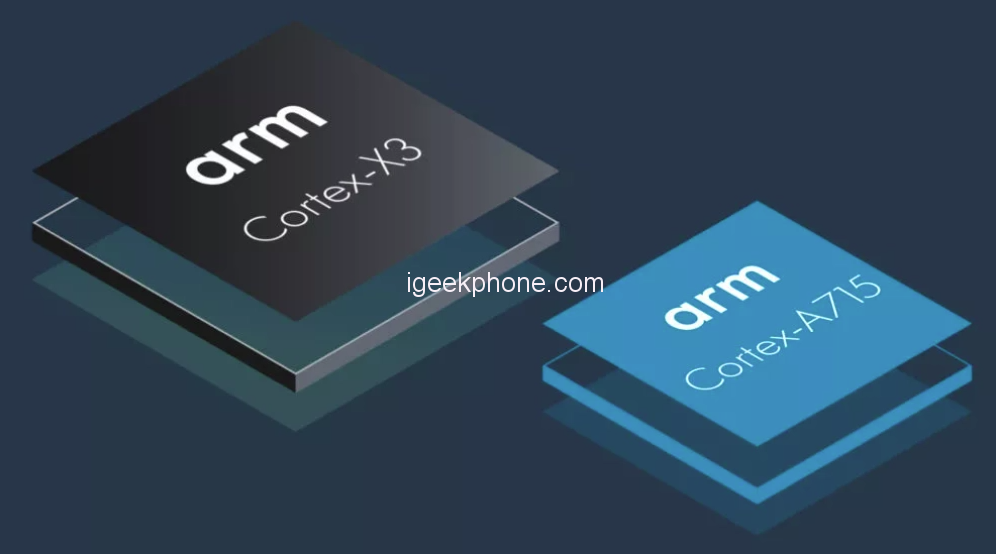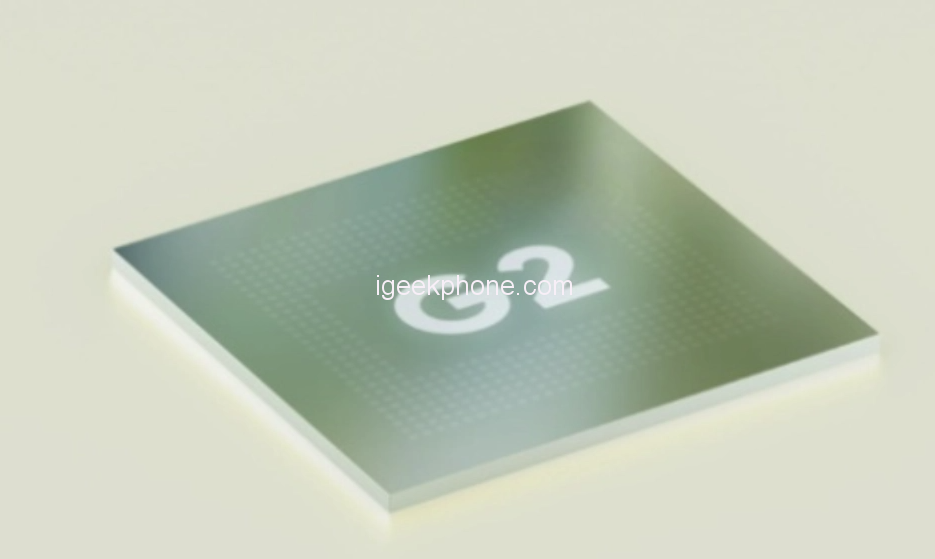According to recent information obtained by foreign media Android Authority from internal sources at Google, it has been revealed that Google’s upcoming third-generation self-developed processor, Tensor G3, will feature a unique 9-core CPU architecture, and its GPU will incorporate ray tracing capabilities. This news has generated significant interest in the tech community. The CPU configuration of the Tensor G3 is reported to consist of a combination of powerful cores. It will include one 3.0GHz Cortex-X3 core, four 2.45GHz Cortex-A715 cores, and four 2.15GHz Cortex-A510 cores. These improvements are expected to deliver enhanced performance compared to its predecessors. However, it is worth noting that the Tensor G3’s CPU architecture may still have a significant gap when compared to the latest Arm v9.2 architecture.
The CPU configuration of the Tensor G3 is reported to consist of a combination of powerful cores. It will include one 3.0GHz Cortex-X3 core, four 2.45GHz Cortex-A715 cores, and four 2.15GHz Cortex-A510 cores. These improvements are expected to deliver enhanced performance compared to its predecessors. However, it is worth noting that the Tensor G3’s CPU architecture may still have a significant gap when compared to the latest Arm v9.2 architecture.
Moving on to the GPU aspect, Android Authority’s sources were unable to provide an exact number of cores, but their calculations suggest that the Tensor G3 will be equipped with a 10-core Mali-G710 GPU Immortalis, which will also support ray tracing technology. This addition is expected to greatly enhance the graphical capabilities of devices powered by the Tensor G3.
In addition to the CPU and GPU upgrades, the Tensor G3 is set to bring several other notable features and improvements. For the first time, it will support AV1 video encoding, allowing for higher-quality video compression. The TPU processor, codenamed “Rio,” will receive an upgrade and operate at a frequency of 1.1GHz. Furthermore, the Tensor G3 will offer support for UFS 4.0 storage, enhancing data transfer speeds and overall performance.
The Tensor G3 is anticipated to make its debut as part of the Google Pixel 8 series of phones, showcasing Google’s commitment to developing its own hardware and optimizing the software-hardware integration. This latest generation of Google’s self-developed processors aims to provide users with a powerful and immersive experience across a range of applications, from gaming to multimedia content.
In conclusion, Google’s third-generation processor, the Tensor G3, is expected to introduce a unique 9-core CPU architecture and feature a 10-core Mali-G710 GPU with ray-tracing capabilities. With improvements in CPU performance, support for AV1 video encoding, an upgraded TPU processor, and UFS 4.0 storage support, the Tensor G3 promises to deliver an enhanced user experience. By incorporating these advancements into the Google Pixel 8 series, Google aims to provide users with a flagship smartphone experience that showcases the synergy between hardware and software.
Read Also: Google Pixel 7a Released: Tensor G2 Chip, Starting at $499
Do not forget to follow us on our Facebook group and page to keep you always aware of the latest advances, News, Updates, review, and giveaway on smartphones, tablets, gadgets, and more from the technology world of the future.









